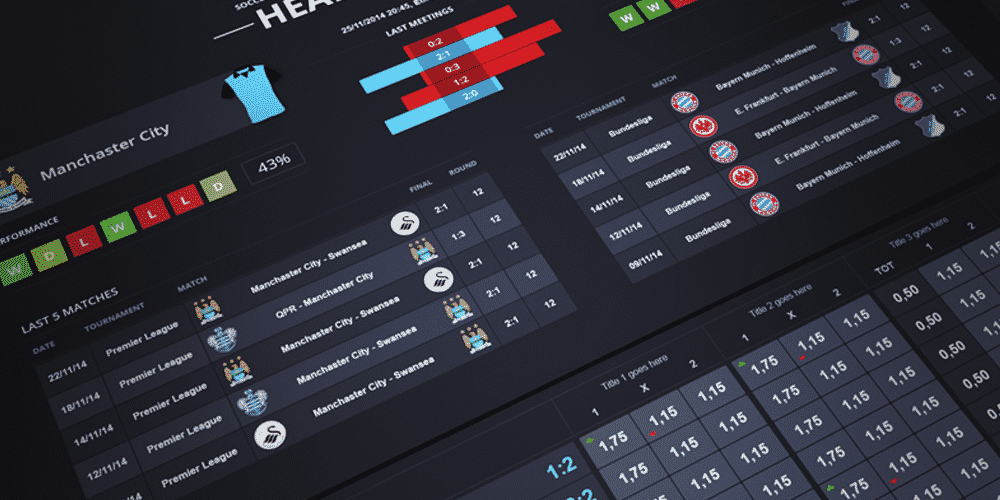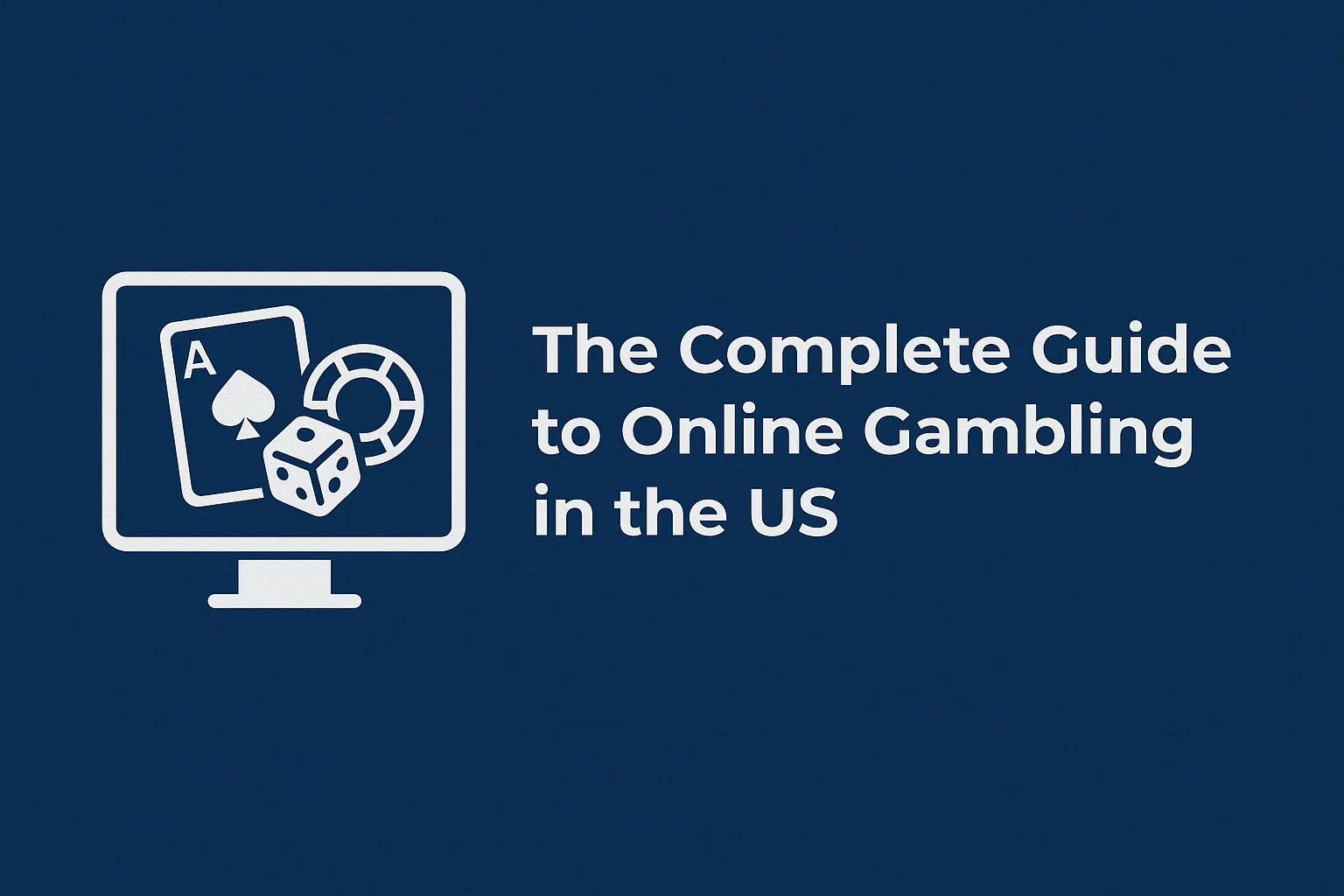| Eesti keeles |
|
Türkçe |
|
The Complete Guide to Online Gambling in the US iGaming and the United States of America have a rough past but promising future. The complicated legal landscape in the country that consists of semi-autonomous states makes the adoption of iGaming-friendly regulations slow but consistent. After all, it’s just another business and if you know one thing about America, it’s that Uncle Sam loves business. The overal trend is that igaming in its various forms is slowly being legalized, state by state, bill after bill. The victory march of igaming, albeit slow, seems unavoidable. fsd We’ve already dipped our toes in the subject of what iGaming is and how to advertise the iGaming vertical. Now, it’s time to get really wet. It’s time for a deep-dive into the muddy waters of iGaming in the United States, which you can use at https://best-online-casinos-usa.com/. A Very Brief Introduction to iGamingiGaming, or online gaming, is not a clearly defined term. That causes problems in many jurisdictions, as it is hard to ban or allow something that is not widely understood. Even people from the industry use narrower or wider definitions for this term. For the purpose of this article, we define iGaming as an online gambling activity that is based on games of chance. We exclude sports betting and fantasy sports – although legal regulations for legal sports betting and iGaming often accompany each other, it is not always the case. So, iGaming activities are:
Now that we’ve agreed on what we are going to talk about, let’s look at the legal status of iGaming in the US. iGaming in the United States – OverviewThe laws that are applicable to iGaming are created on two levels:
Let’s start with the federal level. Because of the lack of clear definition of iGaming, it was universally accepted that the law that regulates this area is 1961’s Wire Act. But in response to New York and Illinois’ the DOJ issued an opinion that this act applies to interstate sports betting only. This did not legalize iGaming in the US per se, but rather made it not illegal. There was a legal back and forth in the decade that followed, but the status quo remained unchanged. It was up to the states to decide on the status of iGaming. The slow adoption of iGamingTraditional brick-and-mortar gambling was restricted to a few selected jurisdictions and Indian reservations. In all seven states that have allowed iGaming since the initial DOJ opinion, the licences for online gaming activity were mostly granted to those that already had a gambling license. There are some differences – some states do allow third-party entities to apply for an igaming license or some casinos can use different brands and run several seemingly independent online gambling ventures but mostly it is handled by already established enterprises. To sum up, there are usually three types of entities that run legal igaming businesses in the seven states that allow it:
Online gambling from an outside jurisdictionThe Internet by its nature is not tied to a single geographical location. What works well with traditional gambling establishments (licensing physical places) does not translate well into the digital world. Europe and many parts of the world had a much more favorable approach to iGaming, which led to the creation of big iGaming hubs (such as Gibraltar or Malta) that dominated online gambling. These sites, run from these hubs, can still be accessed from the US. The legal approach dictates that gambling using unlicensed sites is a crime. What is more, accessing a site that is legal in one state from another state is not legal, even if you are a resident of that state on a trip. Of course, this is theory – in practice, there are solutions such as VPNs that allow people to safely access these websites whenever they want. But advertising these websites may result in a ban, so make sure that what you advertise is in line with a given state’s legislation and your ad network’s compliance policy. State regulators often mandate casino owners to use GPS and IP tracking to ensure that only authorized residents may access iGaming websites. US residents that gamble using offshore sites (or sites that are legal in different states) are not protected from any fraud and financial problems that they may get into. Legal sites offer more security for their users. States that Legalized iGamingBelow you will find the list of states that made iGaming legal, with a description detailing how everything works. Note that the list of states where traditional brick-and-mortar gambling is allowed is longer than the list of states with legal online gambling. The list is in alphabetical order. ConnecticutConnecticut legalized iGaming on 19 October. Online gambling is legal for people over 21. There are currently three establishments that offer gambling services:
They all can offer online gambling services with a partner: Foxwoods with DraftKings, Mohegan with FanDuel, and the lottery with Rush Street, whose sports book is branded as PlaySugarHouse. DelawareDelaware legalized online poker, lottery games and casino games. Delaware operates three racinos:
All three locations operate with 888 Holding to provide online gambling services to Delaware residents. MichiganThe legislation that made legal online gambling in Michigan possible was introduced in December. There are 26 traditional casinos and 9 online ones that are run by industry’s veterans such as FunDuel or DraftKings. Michigan is breathing down New Jersey’s neck in terms of revenue generated by online gambling and it is expected to be on par with it within a year. New JerseyNew Jersey, the country’s top revenue generator for online and offline gambling activity, operates with 9 land-based casinos. They operate using their own brands and additionally can “reskin” themselves to operate under a different brand in cooperation with outside gambling brands. This vastly increases the number of iGaming sites that can legally operate in the Garden State. For example, Borgata Hotel Casino & Spa uses 10 different websites to run its iGaming business, such as: Some entities use names that even suggest country-wide reach. Caesars Interactive Entertainment runs a site ‘us.888poker.com’, which doesn’t have a state or casino name in it. PennsylvaniaPennsylvania allowed iGaming, yet the first online casino was not launched until July. The Keystone state issues 39 iGaming licenses in total: 13 certificates for peer-to-peer poker games, 13 certificates for non-peer-to-peer simulated slot machines, and 13 certificates for non-peer-to-peer simulated banked table games Currently, there are 16 online casinos operating in the Commonwealth. The ever-changing landscape of igaming legislationOnline gambling is a hot topic right now and the landscape will probably be very different in one-two years. Apart from the most conservative states, many others are at least considering allowing online sports betting or online casinos. A new stream of tax dollars is a huge incentive. Everyone’s eyes are focused on the pioneering states and how things will play out for them. The usual reservations towards legalizing those – crime rates, public health issues – will be closely monitored too. For now, advertisers have several ways to operate:
The most likely scenario unfolding before our eyes is the slow adoption of iGaming through partnerships of land-based casinos with state licenses for online gambling with big global players. The most likely result is online gambling services operating under the brand of the casino, a brand of the global operator, or a completely new brand—a ‘risk’ of the original site. With the tectonic changes slowly coming to the US market, we recommend following the news closely and, if your advertising budget allows it, slowly running campaigns for legal social casinos to gather the necessary data and expertise. |
|||||||||||||||
|
|||||||||||||||
|
|||||||||||||||





